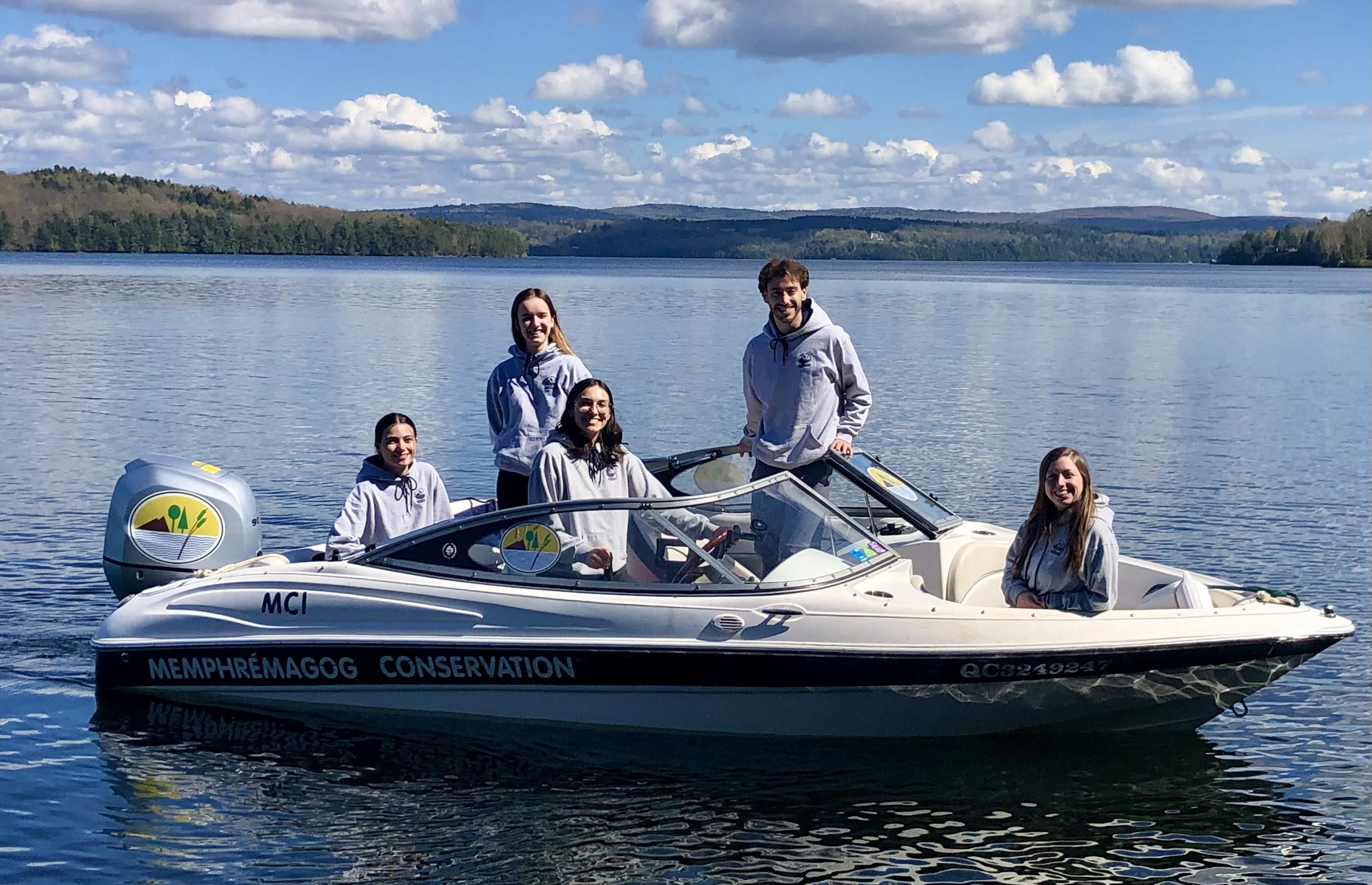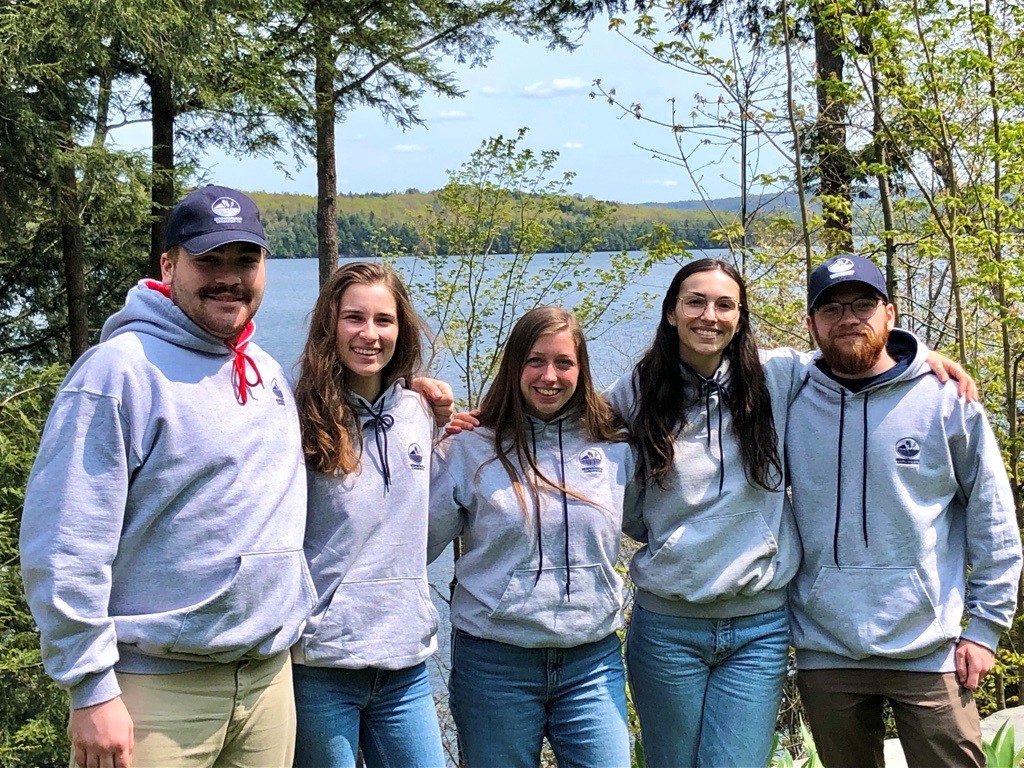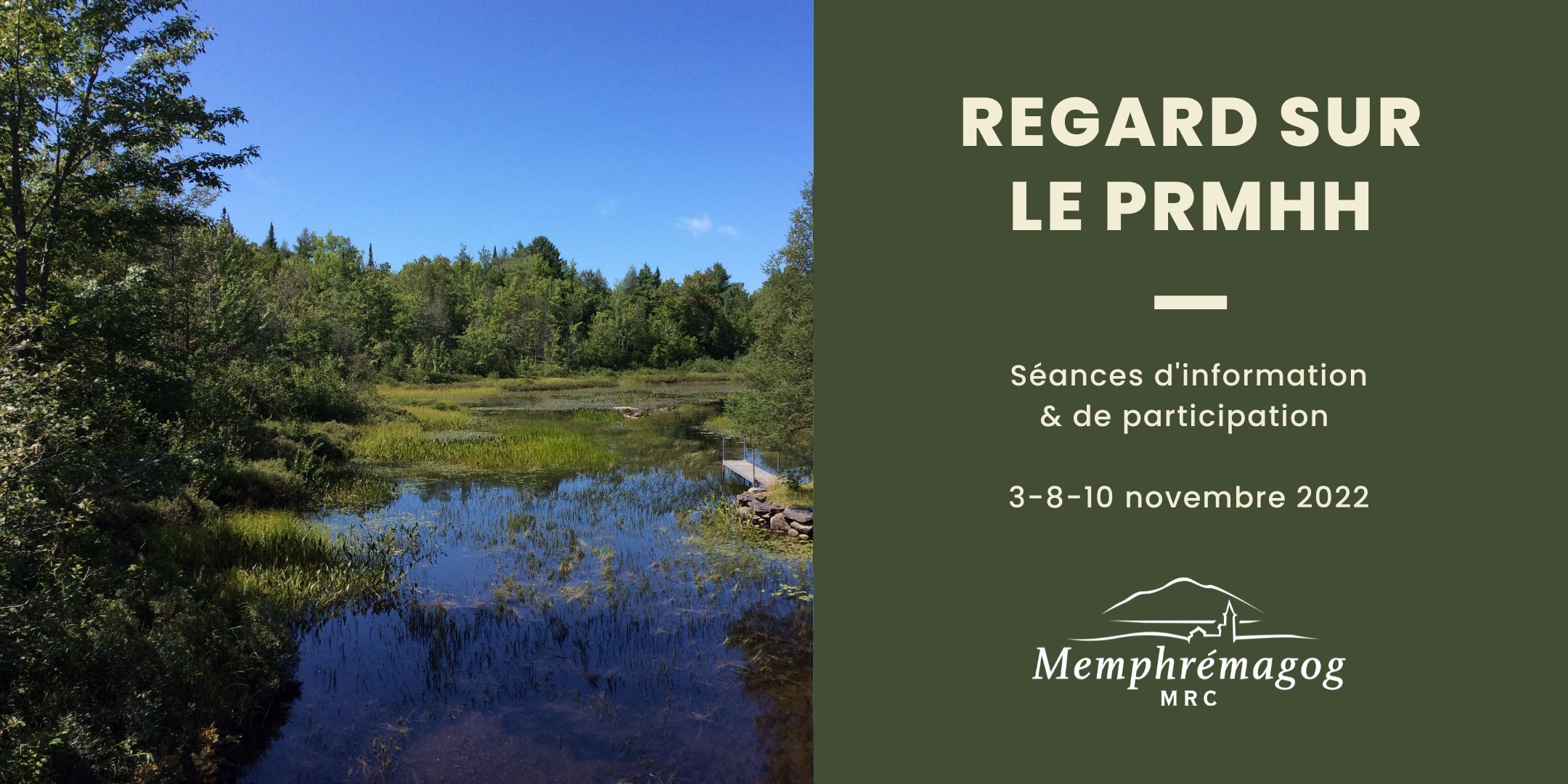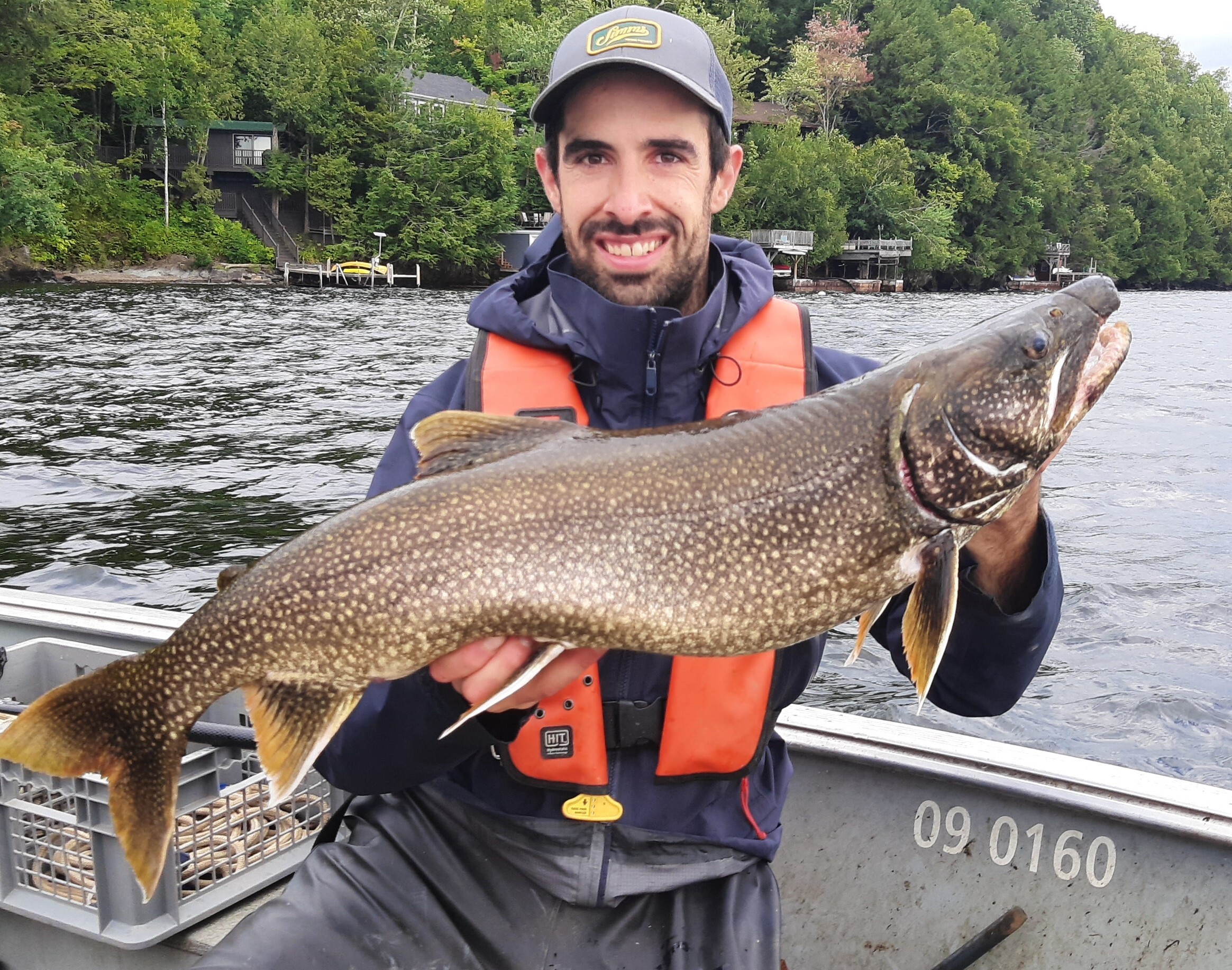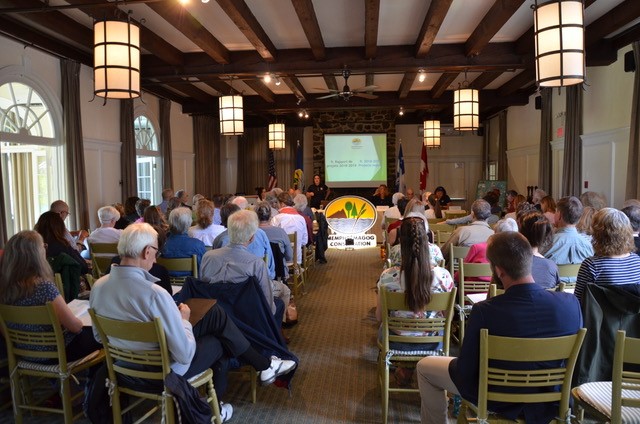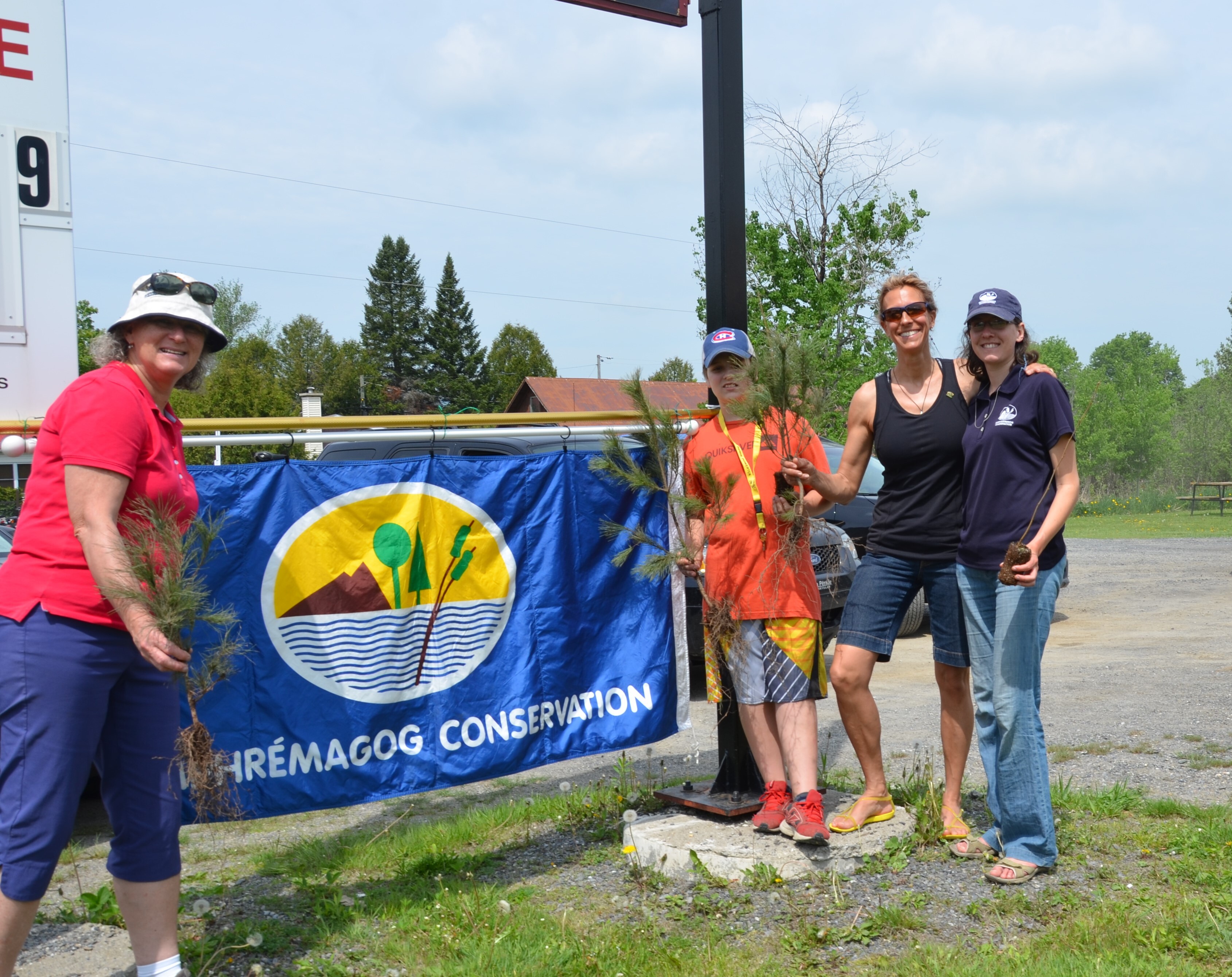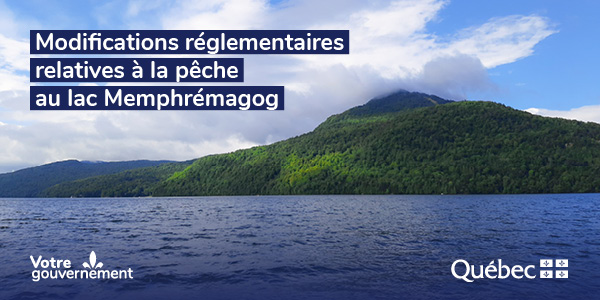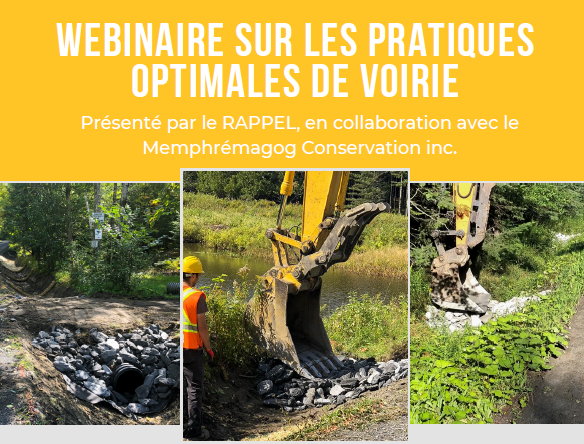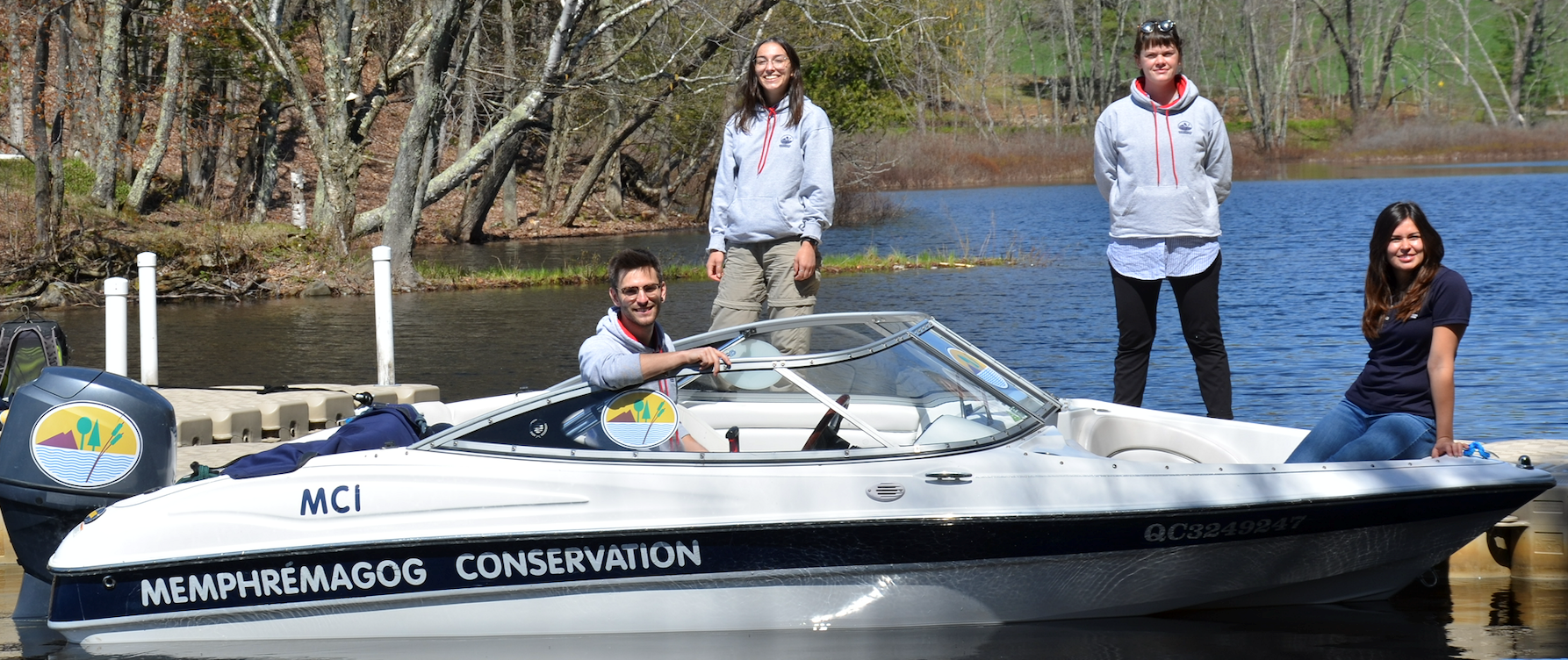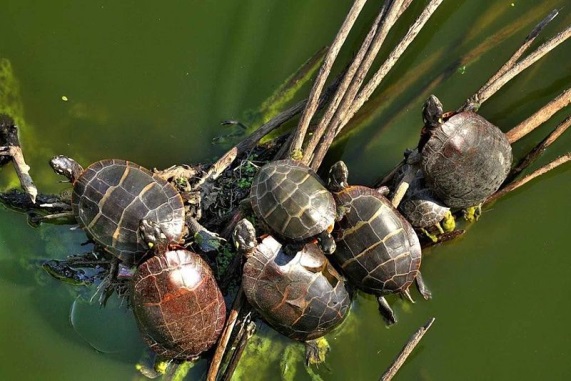Collaboration with private property owners
Your participation is crucial!
The participation of private property owners is necessary to preserve natural landscapes of ecological interest in the Lake Memphremagog watershed. Every action taken by an individual property owner adds to the actions taken by others, thus helping to protect larger blocks of unspoiled land. Protecting the natural landscapes on your property helps preserve biodiversity, water quality, air quality and the beauty of the landscape.
Conservation does not mean that you cannot benefit from your land. As each property is different, we must first of all ensure that the uses and activities planned are compatible with the environment, keeping in mind the ecological functions that the land provides.
What are your conservation options?
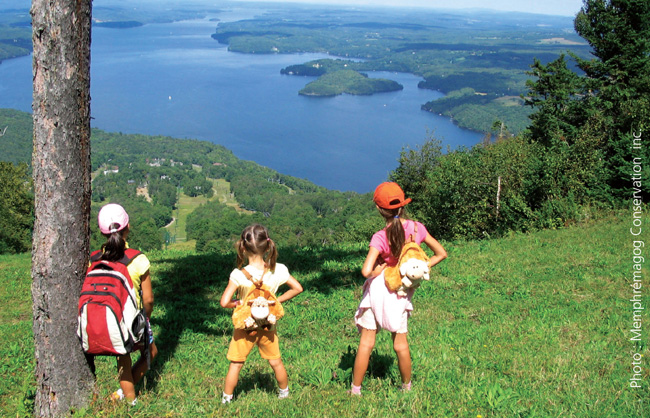
Several options are available to ensure the protection of all or a part of your property in perpetuity.
Information and documentation
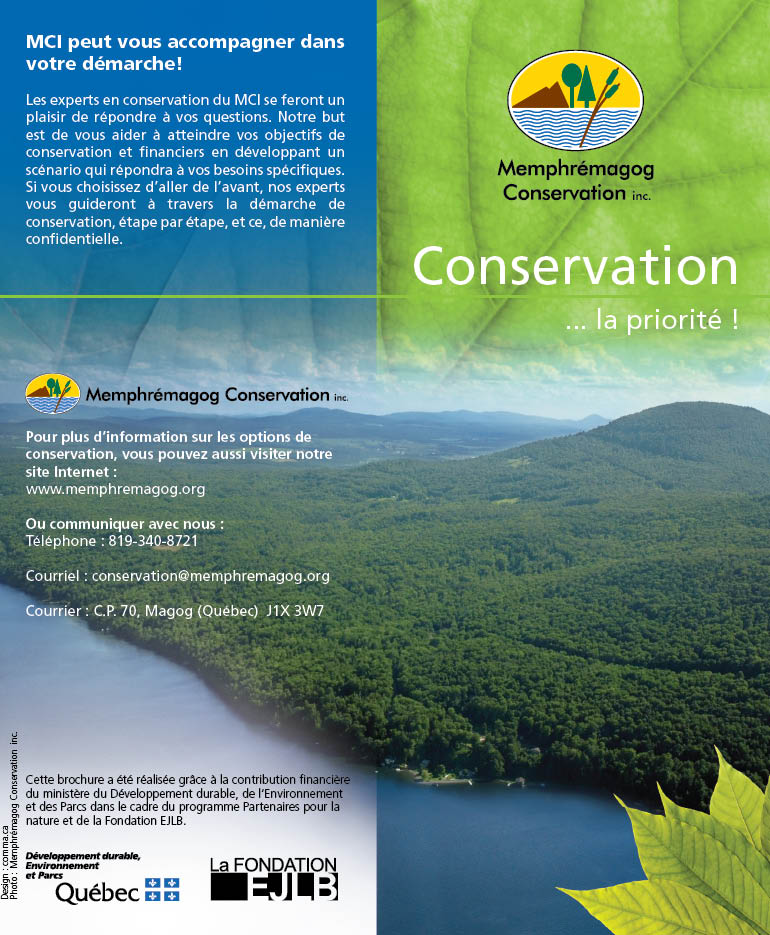
Pamphlets and infoletters related to the conservation of natural landscapes in the Lake Memphremagog wagtershed.
MCI can guide you through the process!
MCI is happy to answer all of your questions. We can help you achieve your conservation and financial goals by developing a scenario that corresponds to your specific needs.
We can also guide you through the conservation process, step by step, in a completely confidential manner.
Hundreds of porperty owners, aware of the beauty of our landscapes and the importance of forests and wetlands, have already taken steps or made arrangements with a conservation organization such as the Memphremagog Wetlands Foundation, Nature Conservancy Canada, in order to preserve their natural natural landscapes in perpetuity. The more property owners who take steps to protect their land, the greater the chances of preserving this region of undeniable richness and beauty.
What are the different conservation options available?
Ecogift
A landowner can donate his property, in part or in whole, to a conservation organization, to the governments or to a municipality. Land donations give rise to various income tax benefits that depend on the financial situation of each landowner as well as the value of the gift. If the property has an ecological value, the landowner can benefit from certain tax advantages at both the federal (Income Tax Act) and provincial level (fiscal visa according to the Quebec Taxation act). If the landowner chooses to donate his property to a conservation organization in his last will and testament, he can continue to enjoy the property during his lifetime and pass on the tax advantages to his heirs.
In comparison with other kinds of charitable donations, the Canada Revenue Agency has determined that ecogifts should provide better tax advantages. Ecofgifts are not subject to any capital gains and there is no revenue limit in the calculation of tax credits or deductions for the landowner.
Conservation servitude
If a landowner wants to protect his property and still maintain ownership, he can enter into a conservation agreement (conservation servitude) with a conservation organization to ensure the long term protection of the property. The conservation servitude is a legal agreement whereby certain elements of the property are protected. Through this agreement the landowner renounces certain activities that could negatively impact the natural features of the land, thereby ensuring the protection of its natural features. These activities could include construction of roads, buildings or logging. The nature and extent of the restrictions on the area targeted for a servitude depend on the ecological characteristics of the land, how to best protect them as well as the objectives of the landowner. The advantage of the conservation servitude is that the landowner can still maintain certain activities on his proprerty as long as they respect the conservation goals.
A conservation servitude can be of fixed duration or perpetual and the agreeement will follow the title deeds of the property whenever it is sold or bequeathed. However, the donation of a conservation servitude must be perpetual in order for it to be eligible as an ecogift and for the landowner to benefit from tax advantages.
Sale
As a landowner, you can also choose to sell your property at fair market value to a conservation organization that will ensure its perpetual conservation. You can chose a bargain sale, installment payments or other options that you can explore with MCI’s conservation experts.
Nature reserve
Since 2001, it is also possible to have your property recognized as a nature reserve according to the Heritage Conservation Act. To obtain this status, the landowner must sign a conservation agreement with the ministère du Développement durable et des Parcs (MDDEP). According to this agreement, the landowner voluntarily renounces certain uses of the property in order to protect its natural features. This nature reserve status allows the landowner to maintain private ownership and benefit from a municipal tax reduction as well as exemption from school taxes. As in the case of the conservation servitude, the agreement follows the title and ensures that future owners respect the conservation agreement.
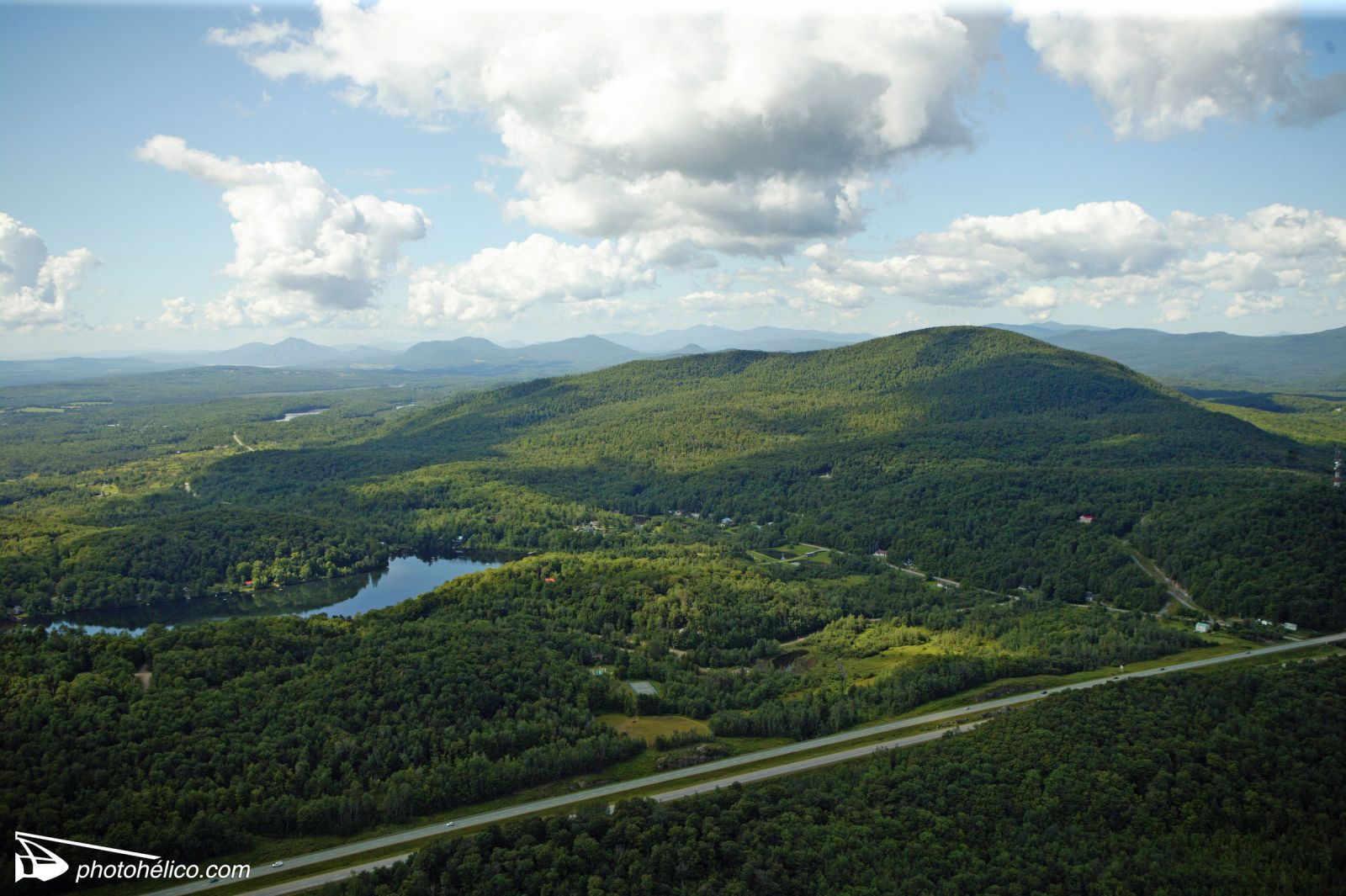
For more information:
The pamphlet Conservation...a priority!
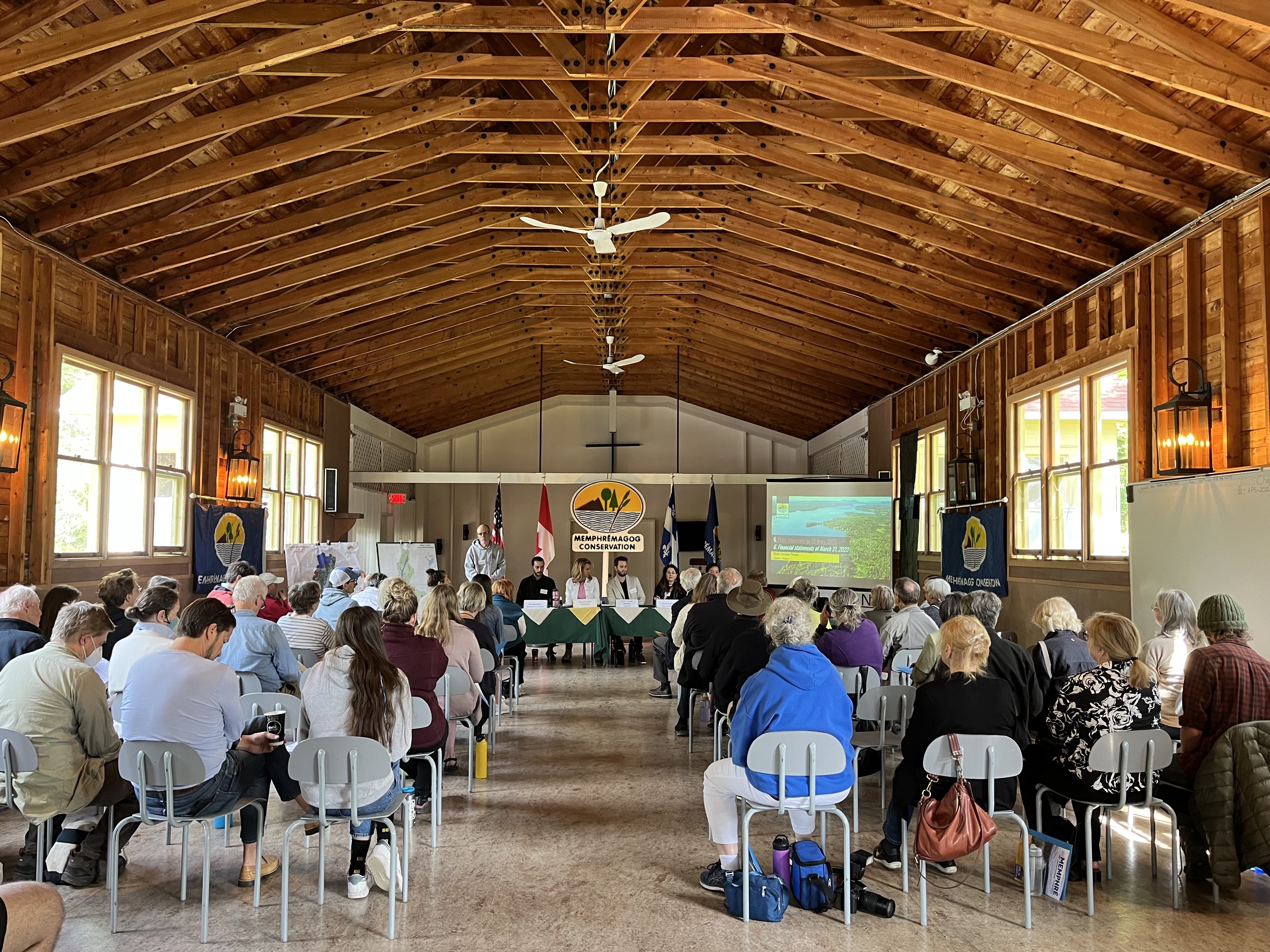
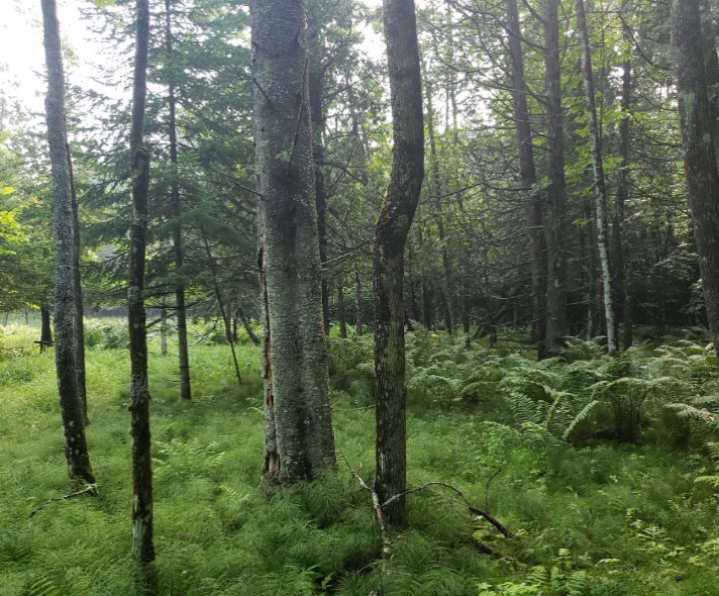
.png)
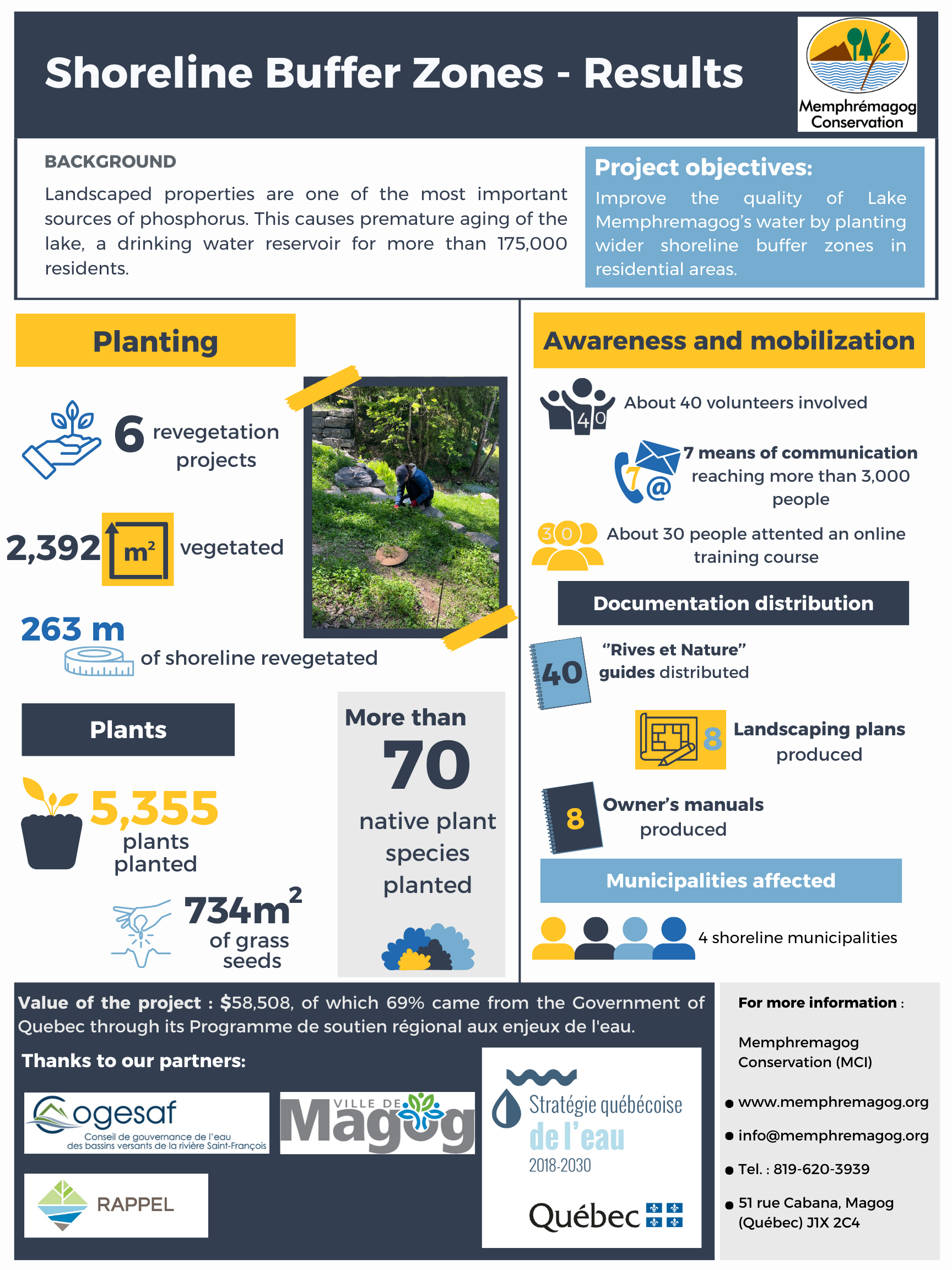
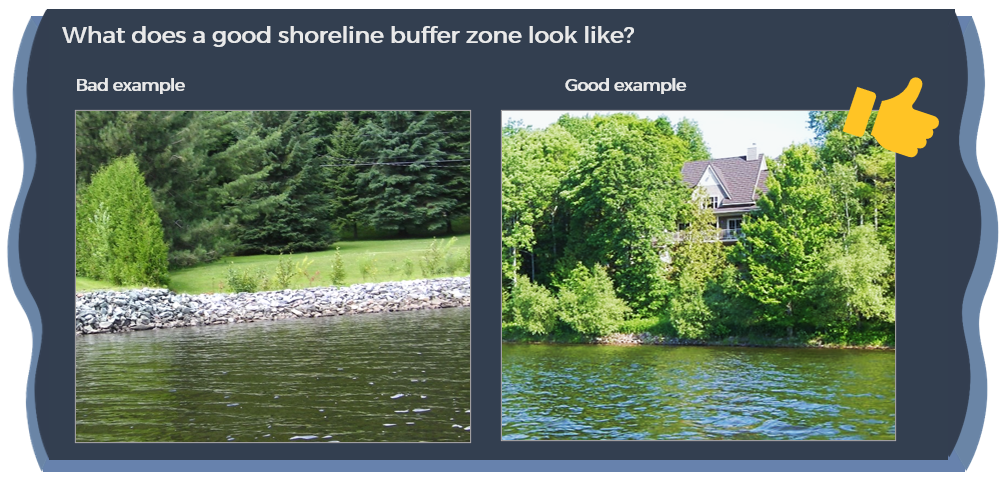
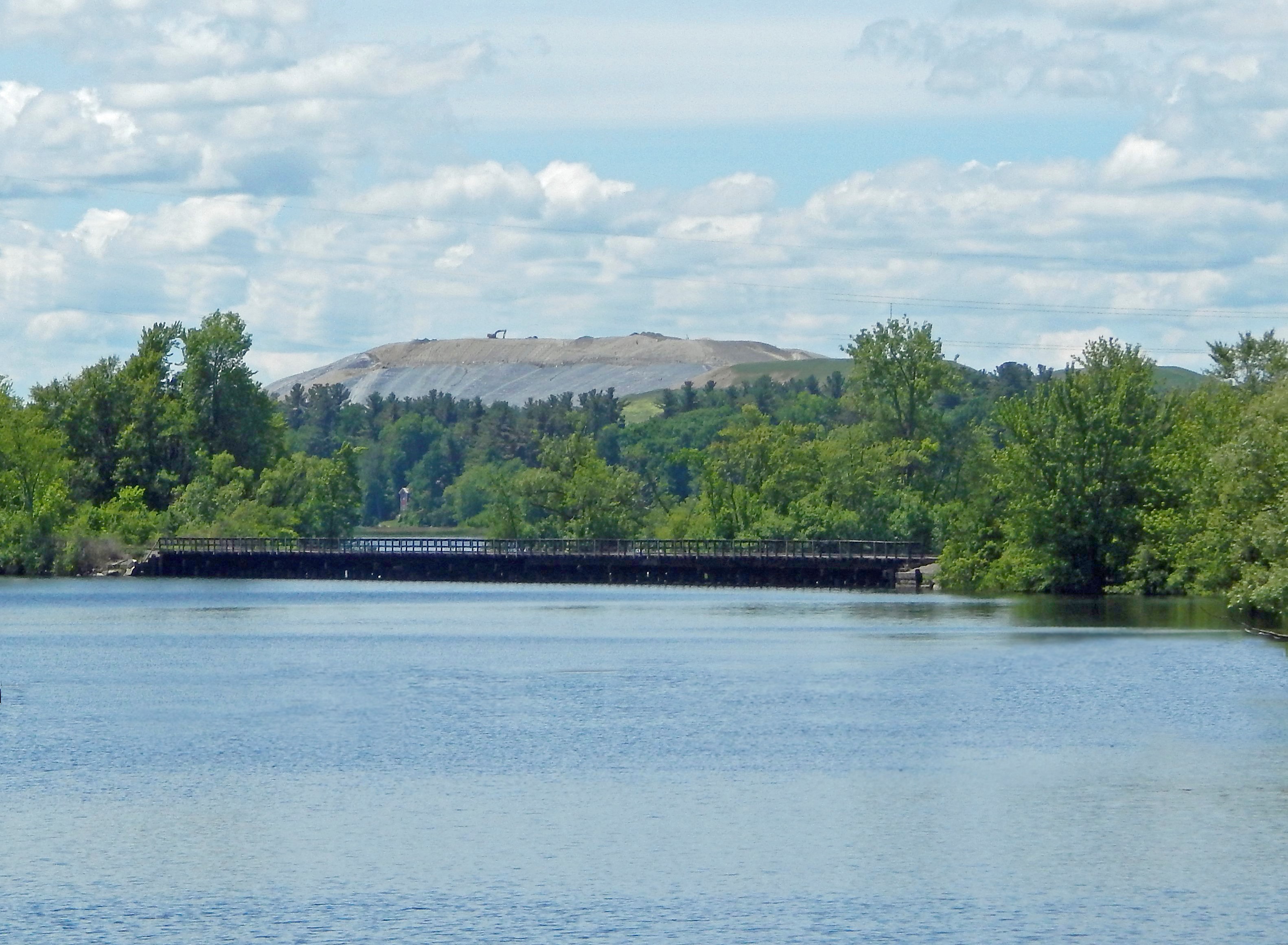

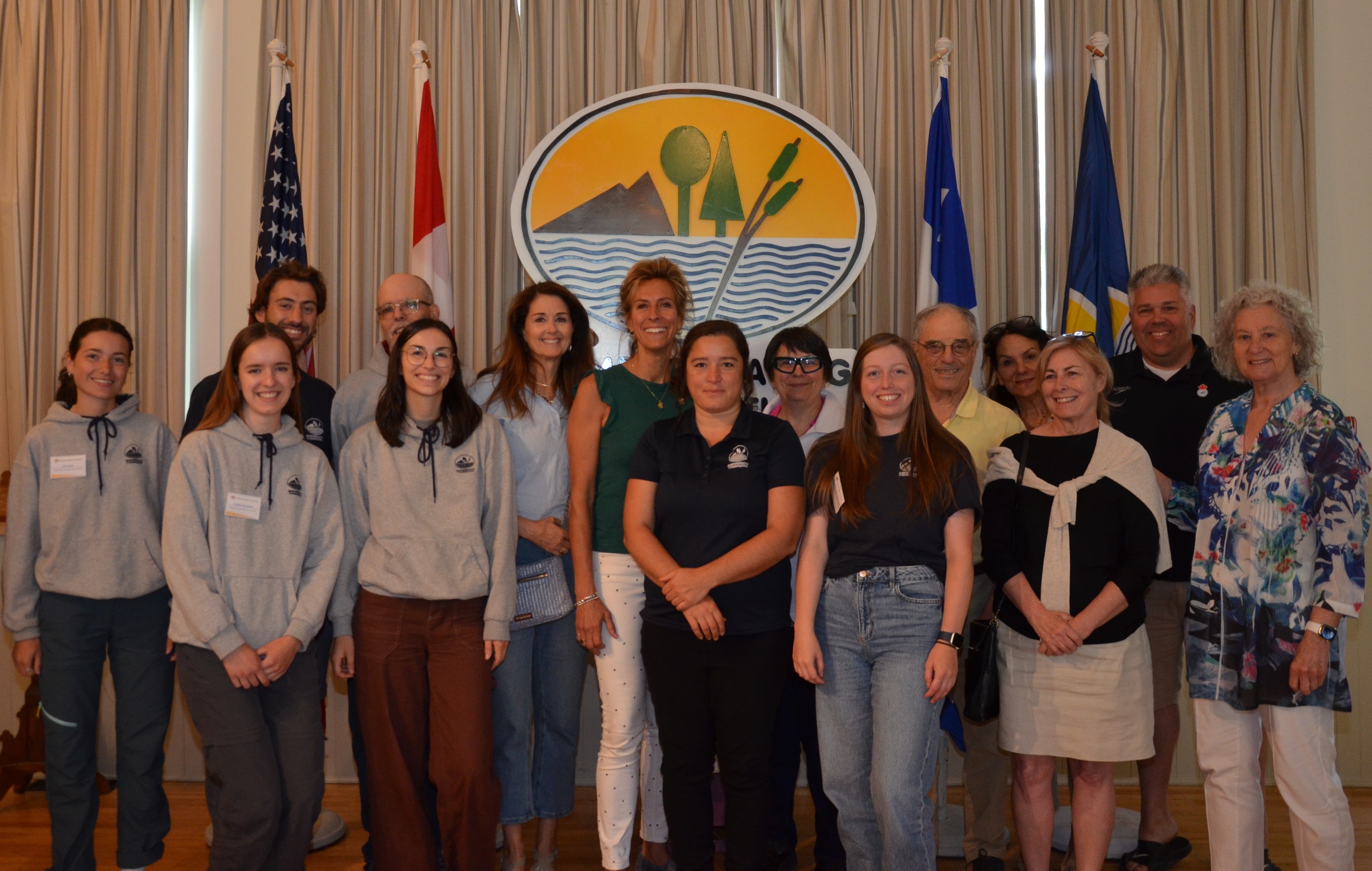
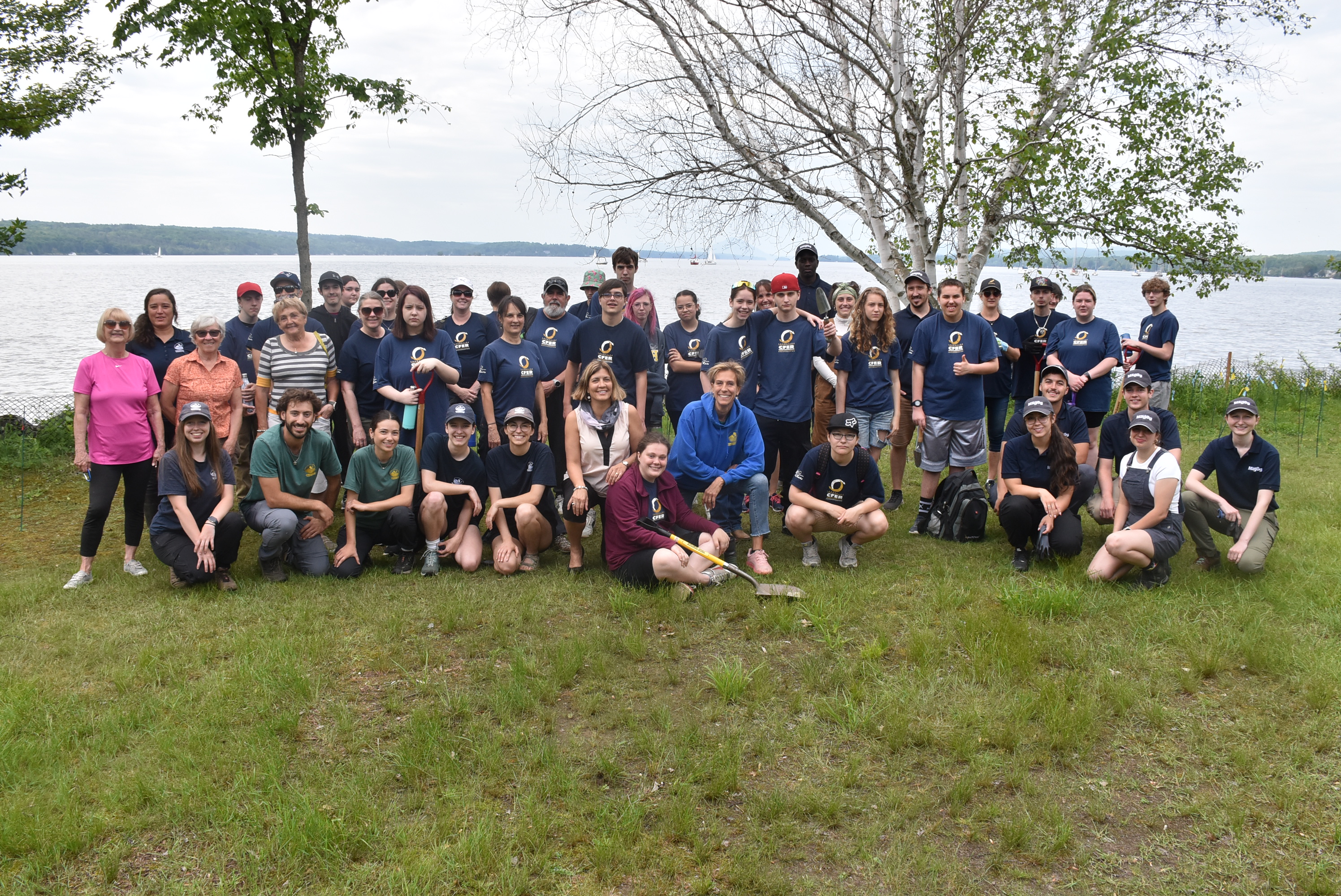
.JPG)
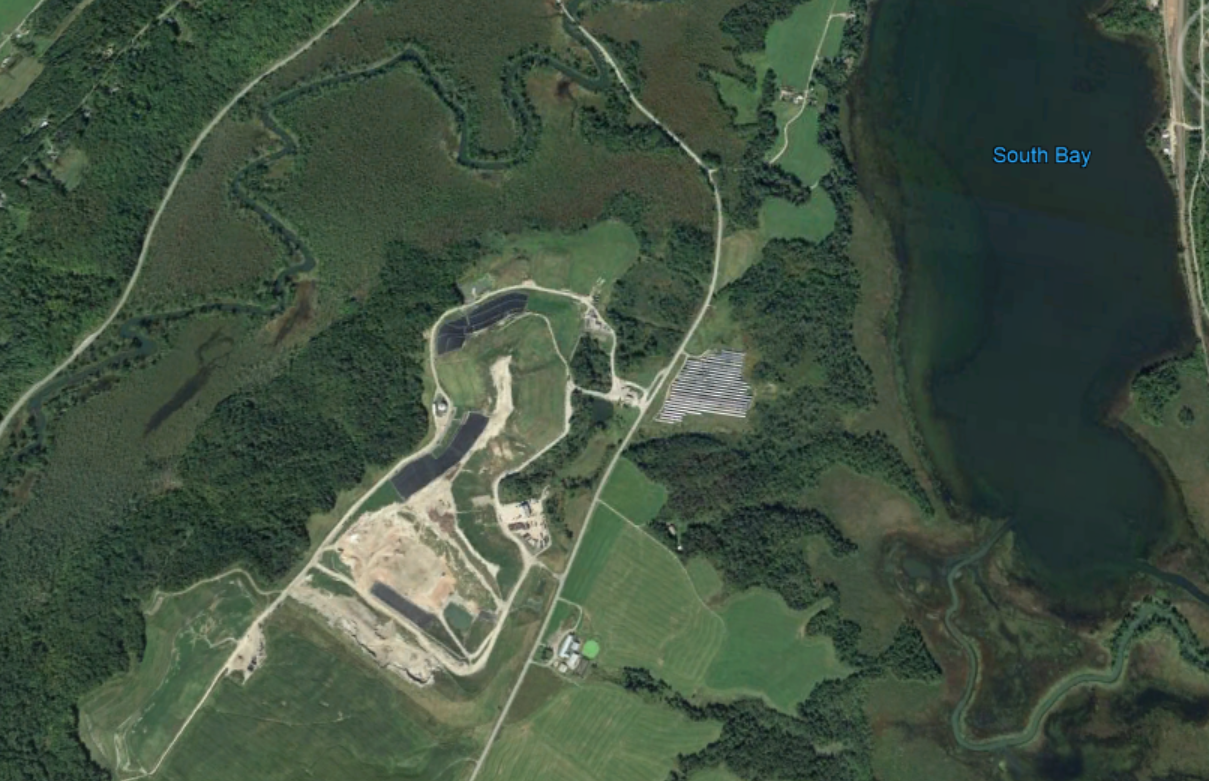
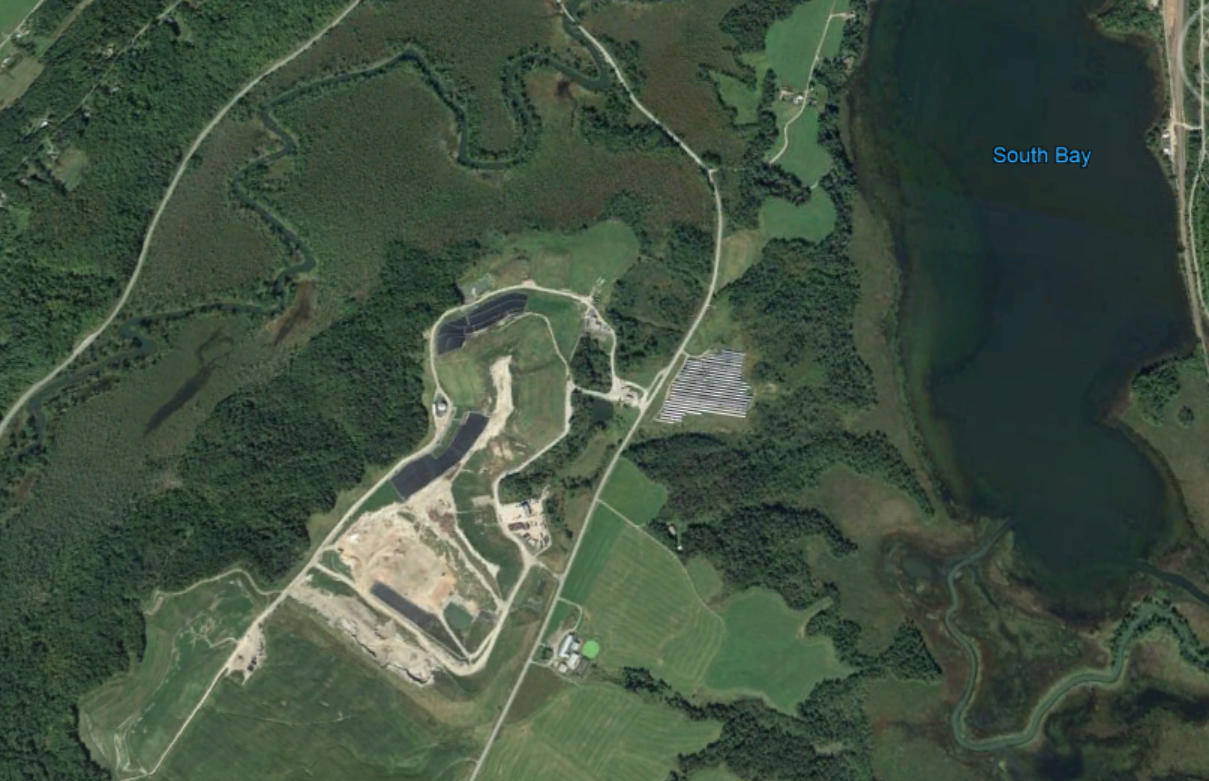
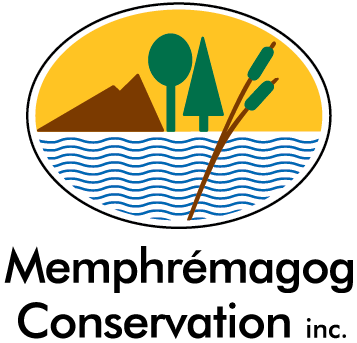




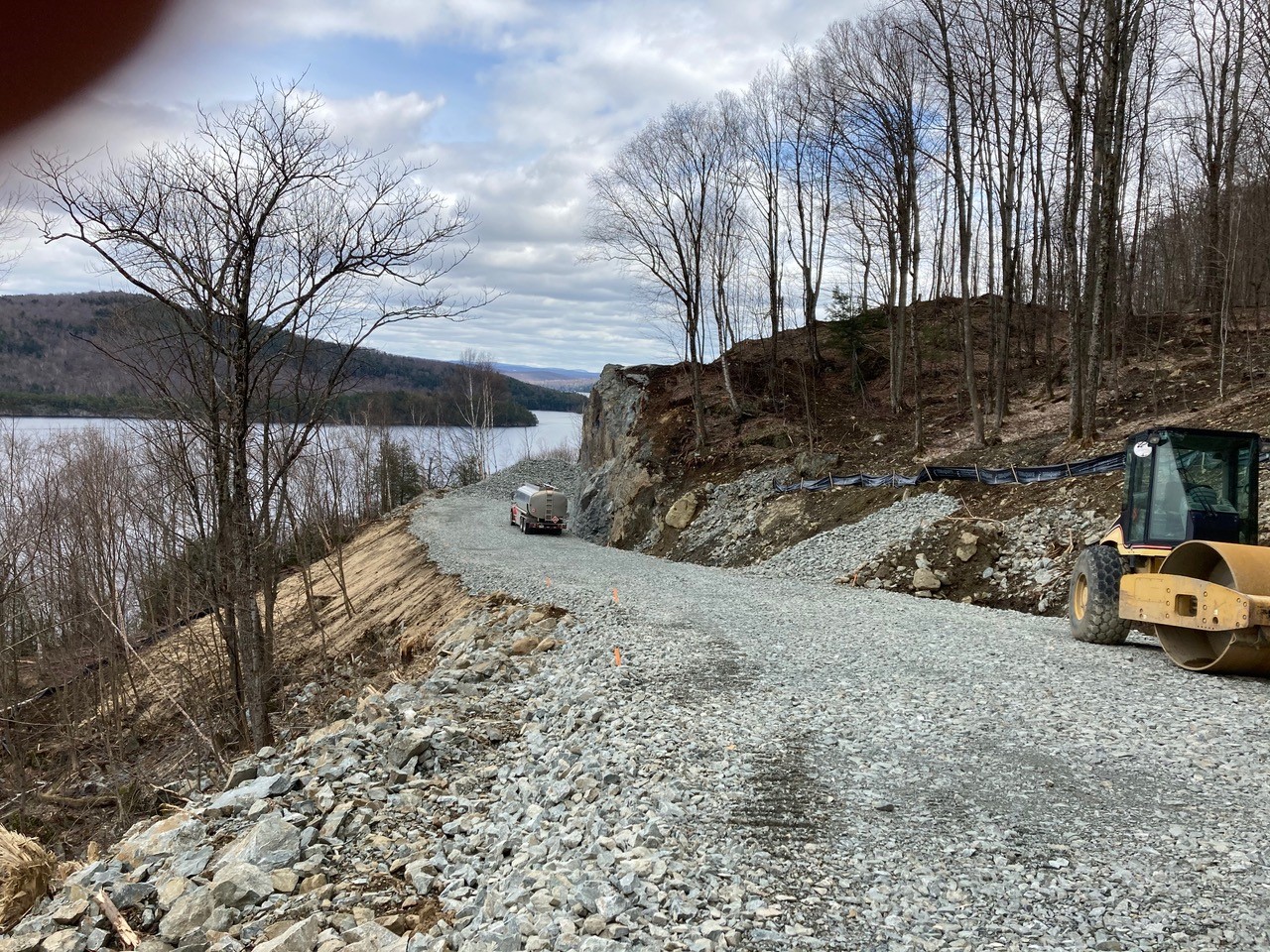
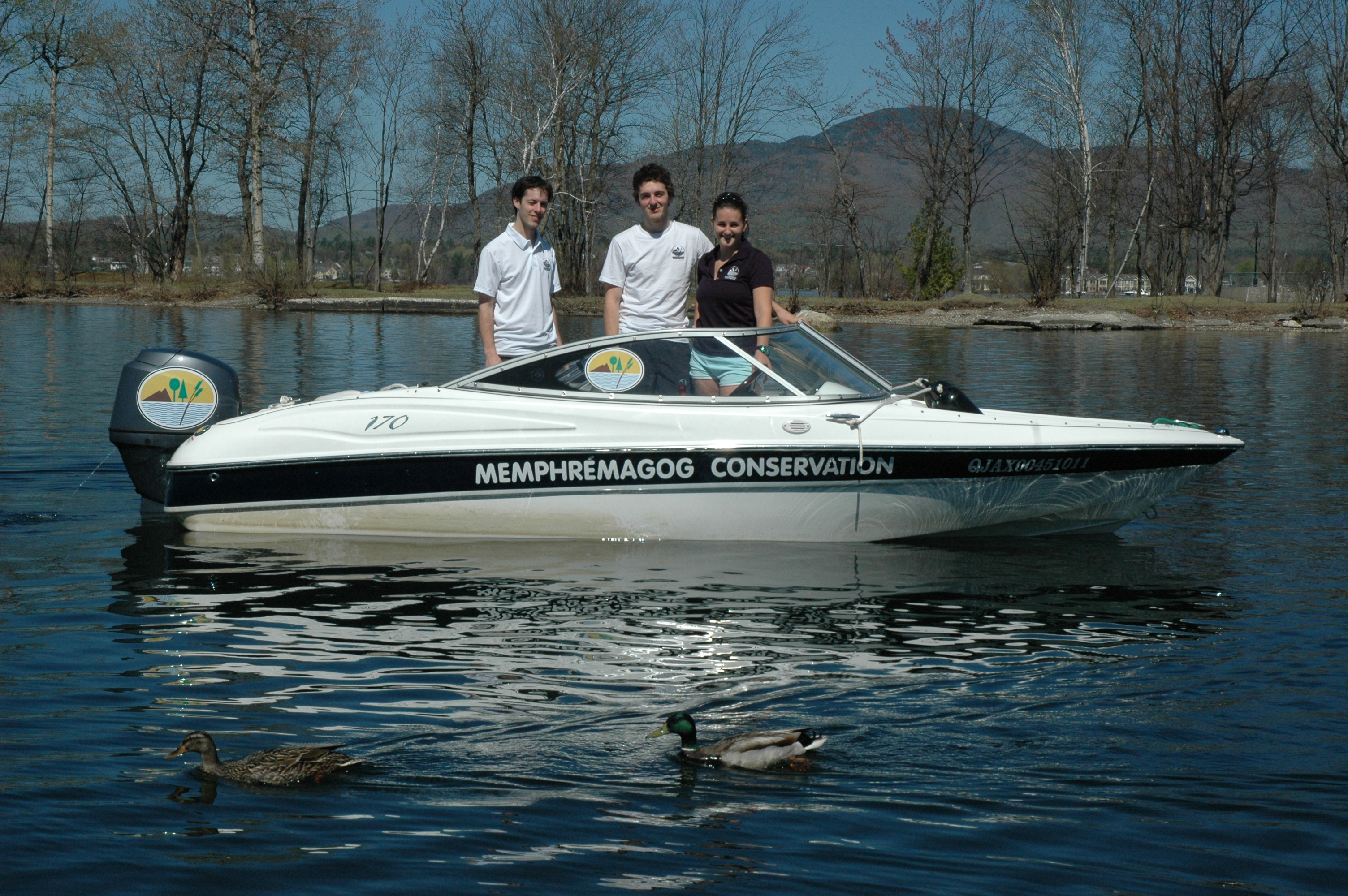


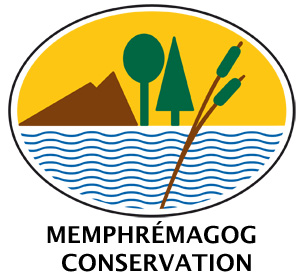










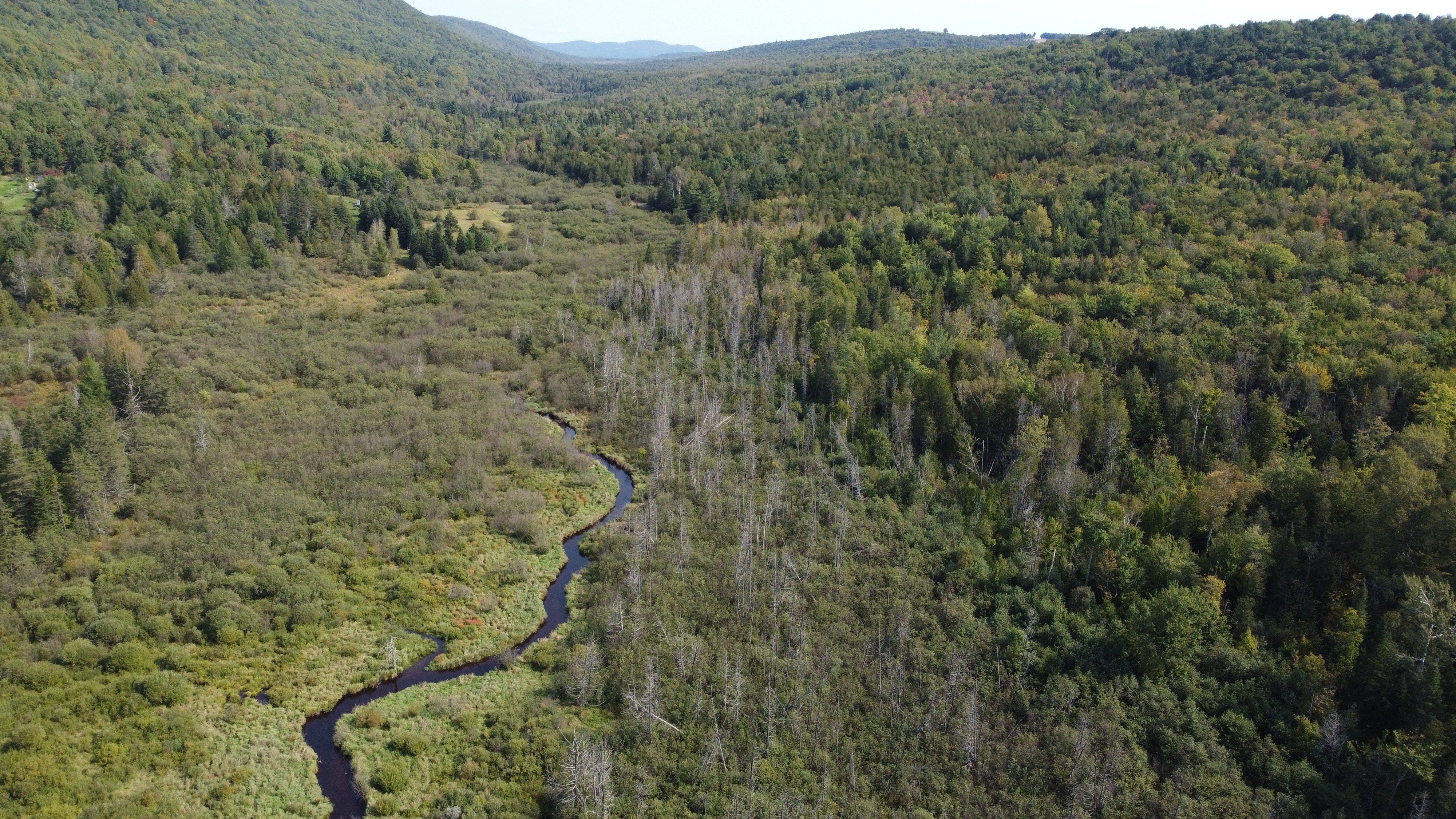
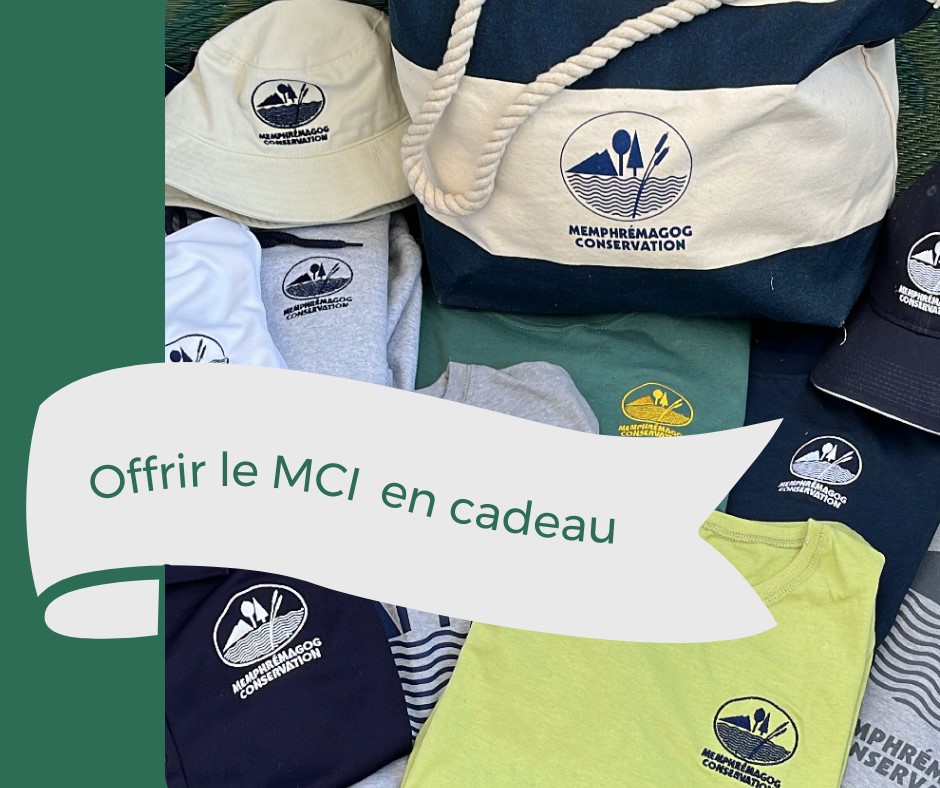
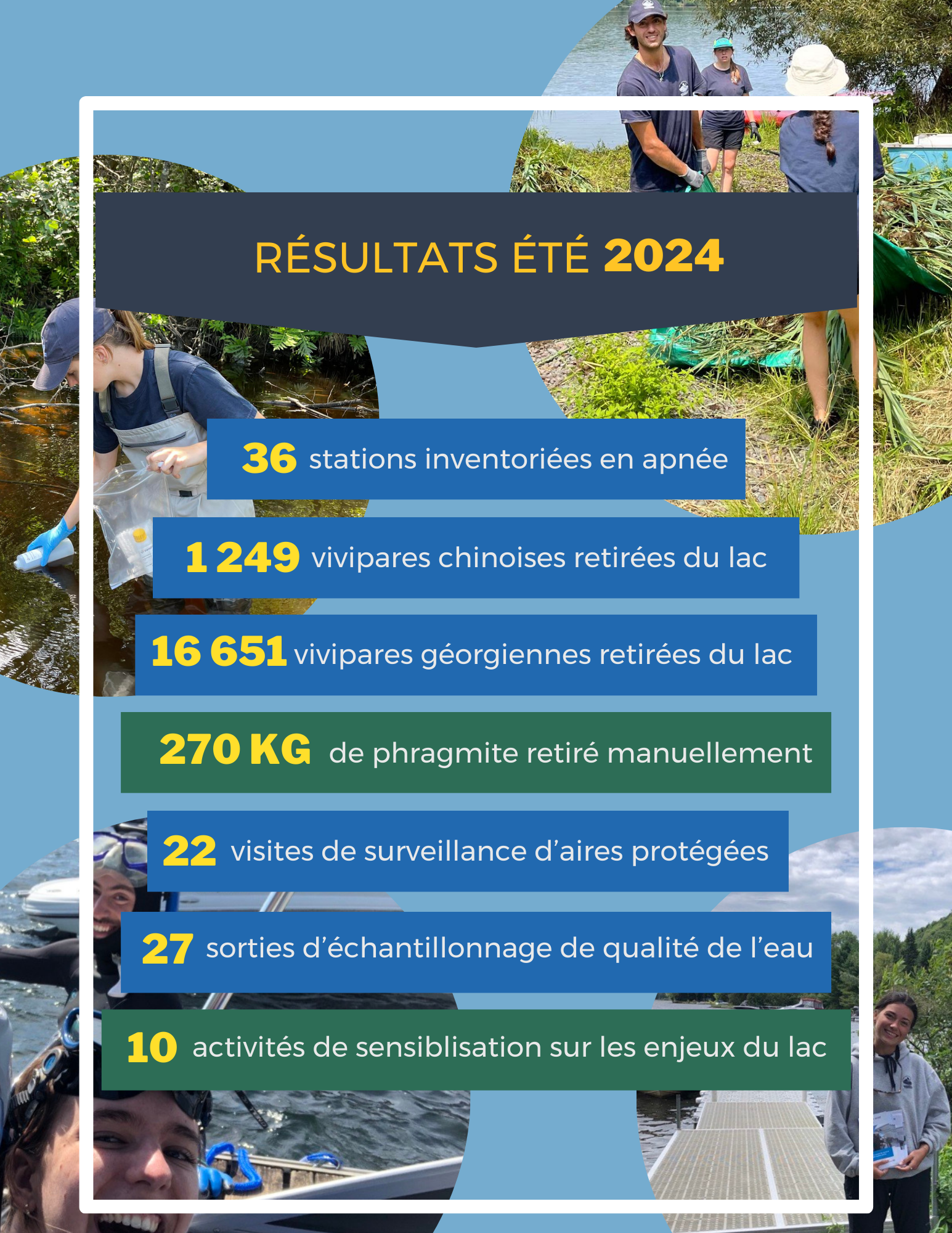
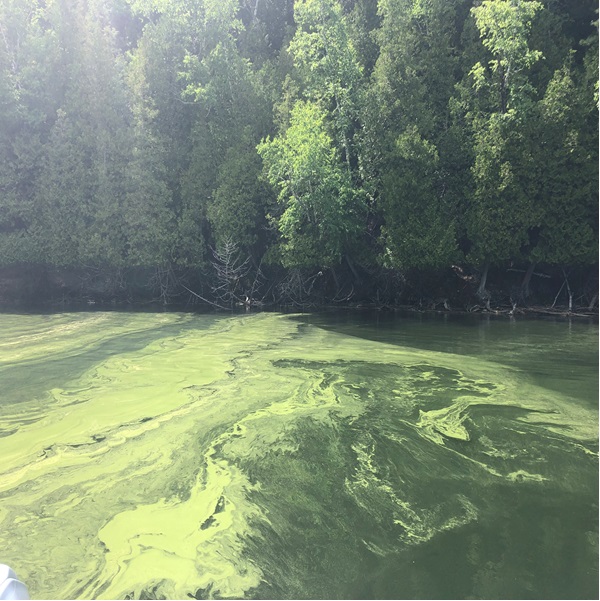
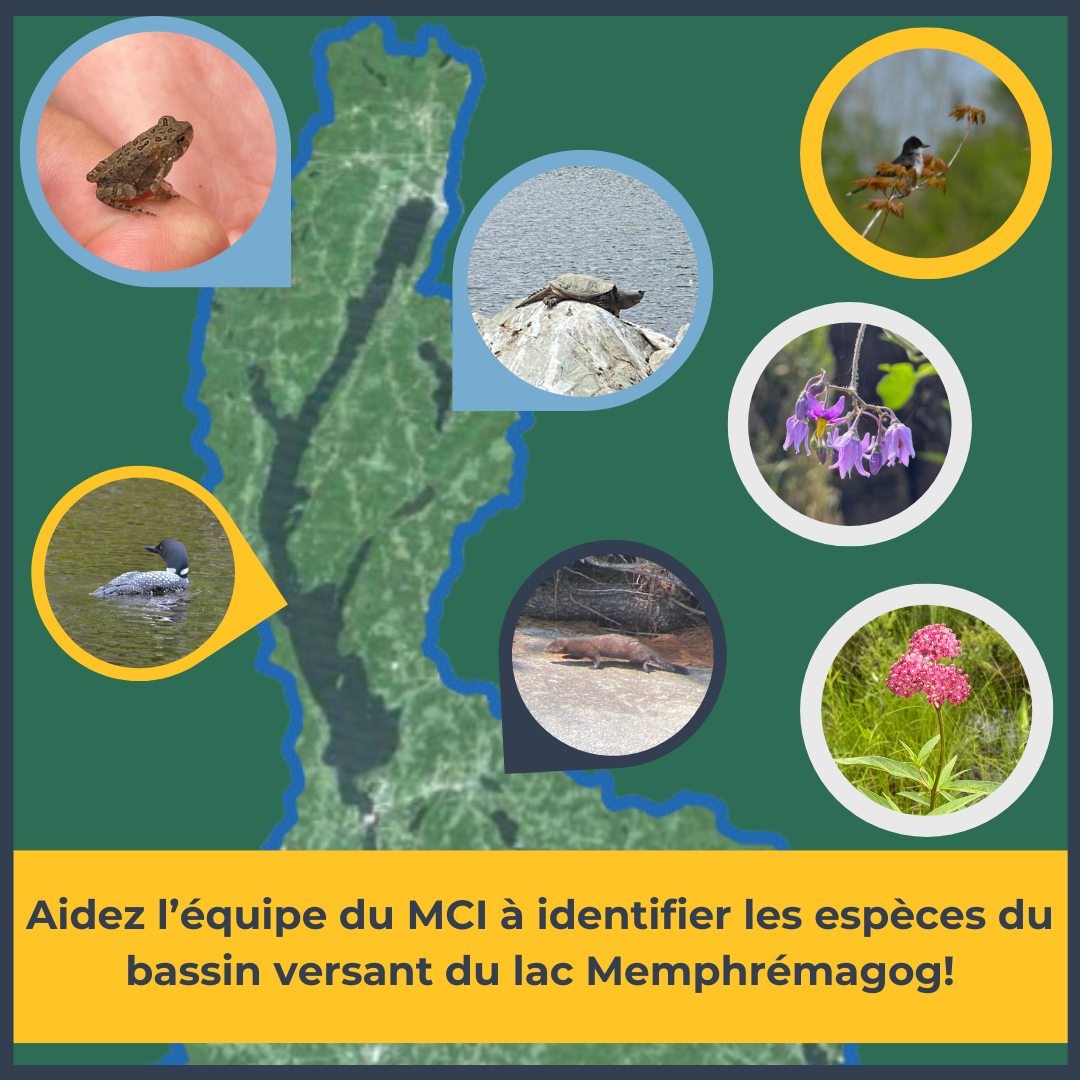
.JPG)

